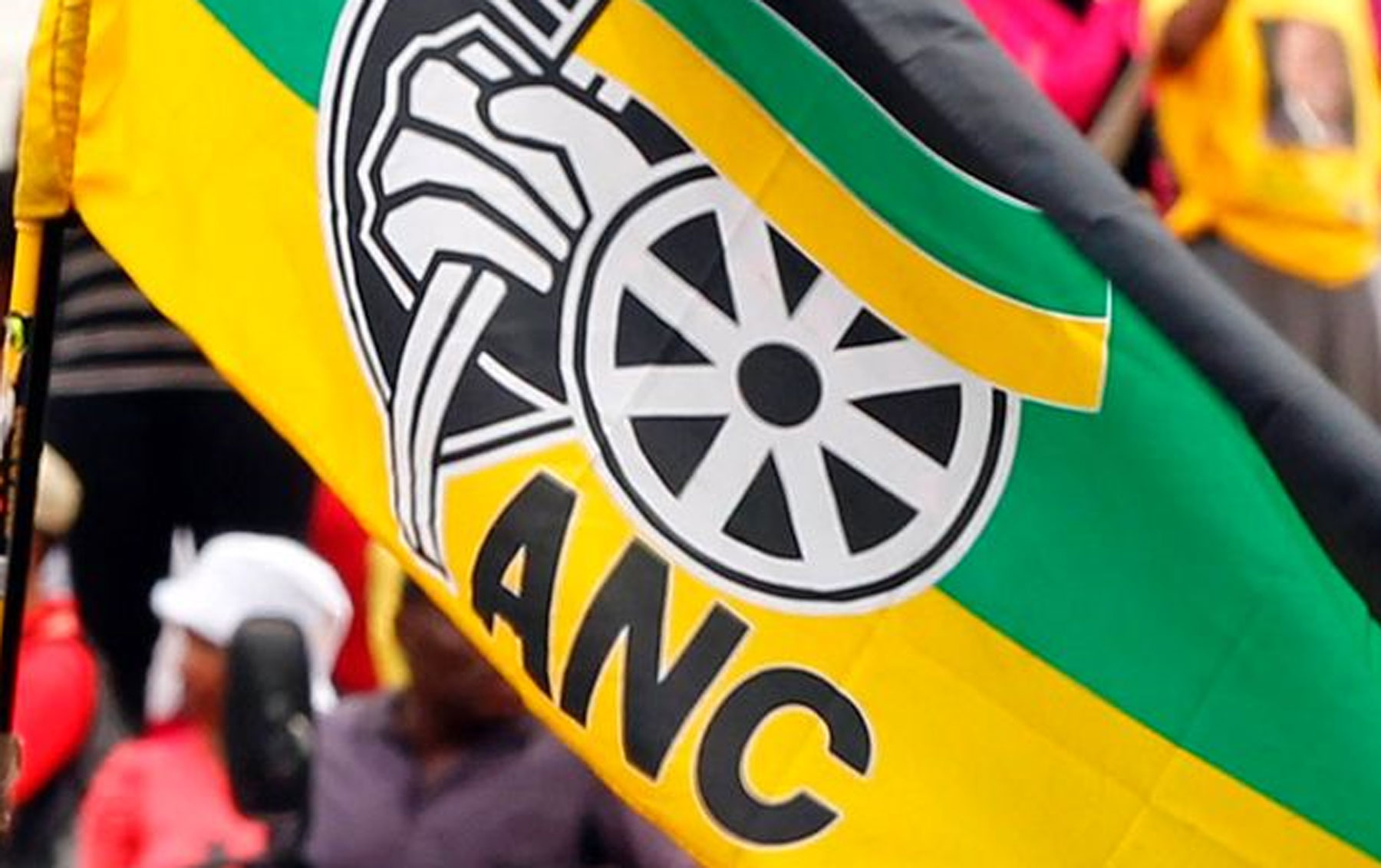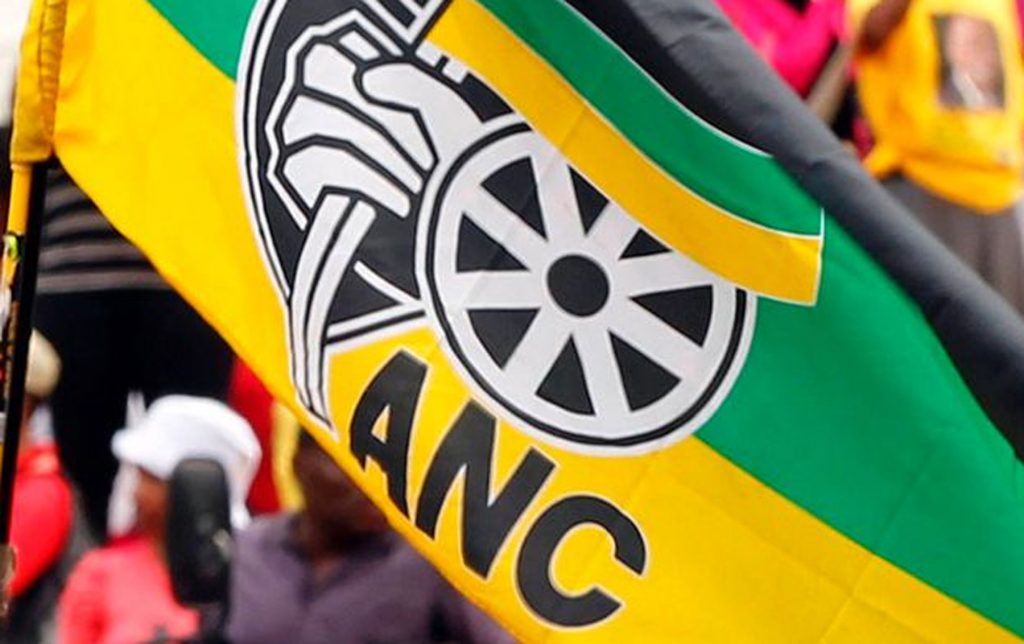As delegates from South Africa’s ruling African National Congress gather this week to pick a new leader to succeed President Jacob Zuma, they face a challenge that’s threatening to overshadow the contest: to stop the party from splitting.
The likelihood of a breakup is probably the biggest in the ANC’s 105-year-old history, especially if Nkosazana Dlamini-Zuma, the president’s ex-wife and favored contestant, beats his deputy, Cyril Ramaphosa, in the vote for party leader, according to analysts. The winner will also be the ANC’s presidential candidate in national elections in 2019.

While both candidates have called for the ANC to remain united after the Dec. 16-20 conference, they differ on what needs to be done to halt the slide in its support. Ramaphosa, 65, one of the wealthiest black South Africans, has pledged to revive the struggling economy and stamp out corruption, while former African Union Commission Chairwoman Dlamini-Zuma, 68, has echoed Zuma’s calls for “radical economic transformation” to place more wealth in the hands of the black majority.
Dipping Support
With support for the ANC having already dipped to a record low in last year’s municipal elections, when it lost control of Pretoria, the capital, and the economic hub of Johannesburg, a breakaway could cost the party the outright majority it’s held since Nelson Mandela led it to power in 1994.
The leadership race has been marred by violence, lawsuits and allegations of bribery, and the announcement of the winner is unlikely to end the acrimony between the rival factions.
Benedict Dube, a political analyst at the Xubera Institute for Research and Development in the port city of Durban, puts the odds of the ANC splitting at about 90 percent if Ramaphosa loses, but doesn’t anticipate a breakup if he wins.
Conflict of Interest
Zuma’s administration has been ridden with scandals, including spending taxpayer money on upgrading his private home. In the latest episode, the High Court on Friday ordered National Prosecuting Authority head Shaun Abrahams to vacate his post and for Ramaphosa to appoint a new chief prosecutor because the president has a conflict of interest — the NPA is due to decide whether he must be charged for corruption. Zuma, 75, is appealing the decision.
Dlamini-Zuma probably wouldn’t strike out on her own should she lose because she’d find it difficult to garner much support due to her close association with Zuma, according to Mkhabela.
Internal Rifts
While Gwede Mantashe, the ANC’s secretary-general, has downplayed the likelihood of a major breakup, Ramaphosa and Zweli Mkhize, the party’s secretary-general, have both expressed concern that the internal rifts could irreparably damage the party.
“Our movement is divided,” Ramaphosa told Johannesburg-based 702 Talk Radio on Dec. 7. “That is a very sorry sight of a movement that has survived over 105 years. The challenge that we face, and particularly going to this conference, is how we are going to unite the ANC. This conference must seek to obliterate the factions that currently exist.”
There have been three previous breakaways from the ANC since it took power: In 1997, former army general Bantu Holomisa broke away to establish the United Democratic Movement; in 2008, Mosiuoa Lekota, a former ANC chairman, quit to set up the Congress of the People; and in 2013, former ANC youth leader Julius Malema founded the Economic Freedom Fighters, after being expelled from the ruling party.
While it’s possible that a deal could be struck to accommodate members of both camps in senior positions, neither Ramaphosa nor Dlamini-Zuma are likely to relinquish their claims to the top job.
The ANC’s new leadership will have to put their own ambitions and interests aside if they are to preserve the party’s unity, according to Ivor Sarakinsky, academic director at the University of the Witwatersrand’s School of Governance in Johannesburg.
“If they can’t, then the chances of a split are so much higher,” he said by phone. “I think there is a sincere attempt to keep the ANC together. Whether it succeeds or not, it’s at this point too early to tell. The red flags are there.”

